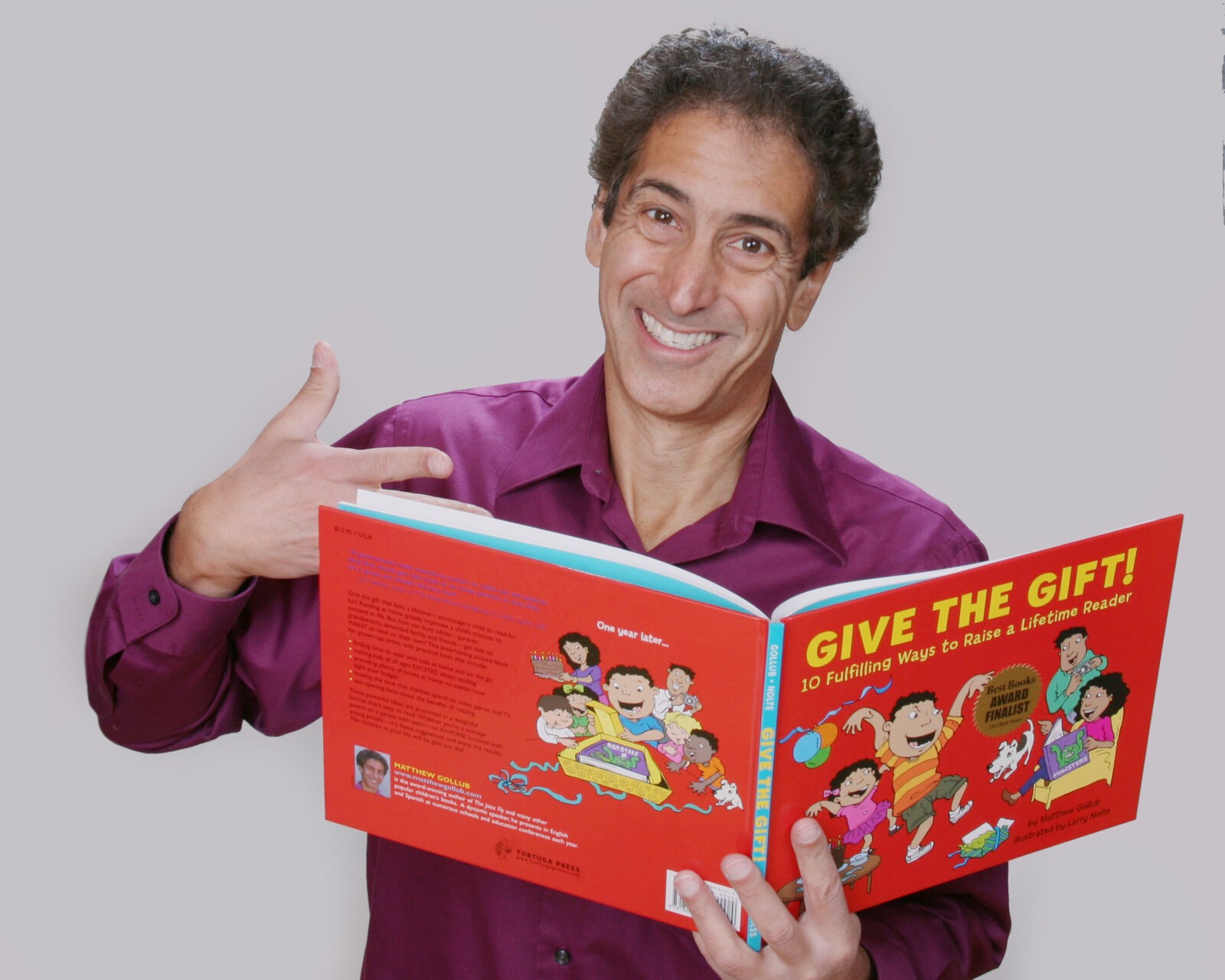Agent or Publisher: Which Comes First?
Like many creative souls, Laura Presno has a dream. This 3rd grade teacher at Terry School in Selma, CA, has written a sci-fi novel for kids. Over a staff lunch in the teachers’ lounge (a welcome break for me after 3 assemblies), she posed questions about publishing with such focus and insight that I immediately identified her as a fellow writer. A week or so later, she followed up with an email:
“I have one huge question for you! I haven’t been seeking actual publishers… I’ve been spending all my time trying to land a literary agent… am I going about this all wrong? All the research I’ve done claims that chances are pretty slim to none to get a publisher to even look at your work without an agent.”
Here’s my take on this age-old question of which comes first in the world of commercial publishing. Many writers (myself included) find their publisher first then their agent. Since agents stand to make only a 15-20% commission of what a writer earns (used to be 10%), they tend to be insanely picky about whom they’ll represent. They also want to know that the writer they invest in with their time and contacts is a committed writer with more than one book contract likely, so when approaching agents and presenting your manuscript, by all means talk about your plans for future books! Publishers also want to deal with writers who aspire to publish more than one book, though they tend not to nurture writers along through their careers the way they seemed to in decades past. Too many conglomerates, now, and too little job security for editors. These trends have encouraged shorter and shorter term thinking.
The bottom line is if you can get a publisher interested in your work first, it becomes very easy to enlist an agent. (Around 90% of the agent’s job will have already be done!) A writer with an interested editor or two, who mainly needs help navigating prospective book contracts, is suddenly VERY interesting to agents, so there’s nothing wrong with approaching small to mid-size publishers first (the big ones usually won’t give you the time of day without an agent). Sometimes, the small to mid-size publishers actually prefer that you not enlist an agent; they’d rather deal with you directly. If you ever wind up in this situation, it’s perfectly OK to hire a publishing attorney instead of an agent (for a flat professional fee rather than a percentage of royalties). The publishing attorney will look over your contract and help you avoid pitfalls but, unlike an agent, will not collect future royalties on your behalf from the publisher. Another more economical option is to join the Authors Guild in NYC and ask for their guidance in negotiating your contract. They used to assign lawyers straight out of law school to go over your contract with a fine-toothed comb, copiously noting suggestions and bargaining points. I imagine they still offer this service to members for free or for a small charge.
So there you have it: no hard and fast rules. Could be the publisher first, could be the agent. Regardless of whom you deal with first, understand the rules of their game and what their particular service involves!

